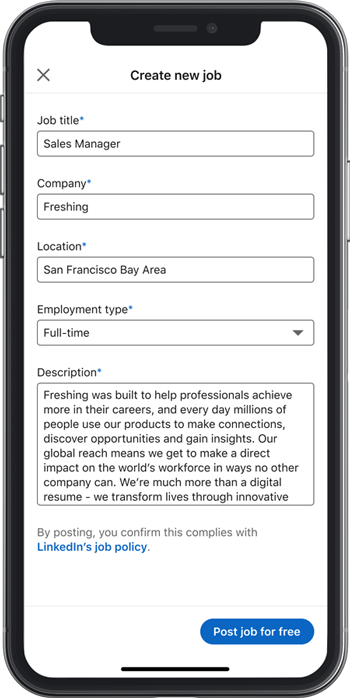One of the really great things that have happened in 2020 is the giant spotlight D&I has gotten in organizations, especially around hiring a more diverse workforce. Obviously, organizations have been working on this for a while, but with limited success.
What researchers are discovering is that many organizations might have “Diversification Bias” in their hiring process. What is Diversification Bias?
Diversification bias describes the tendency to choose more variety—to diversify—when making a simultaneous decision, and to choose less variety when making the same decisions sequentially.
For the non-technical definition, we tend to hire more diversity when we hire a bunch of people at one time, verse when we hire one person every once in a while.
This actually then gives a really good explanation around why so many organizations struggle to increase their diversity hiring because most of us don’t hire a bunch of people all at once. Most organizations have one opening for let’s say an Accountant. When that hiring manager goes to hire, they’ll most likely hire someone who is similar to them.
Now, if that same hiring manager was going to hire 3 Accountants, they are forced to look at that panel of hires and they’ll notice that everyone looks the same, thus increasing the chances they’ll offer positions to a more diverse set of candidates. I’m not saying that our traditional way of hiring is appropriate, in fact, it’s just another form of bias, it’s just a researched explanation of why this is happening.
How can we hire a more diverse and inclusive workforce?
Let’s be honest for SMB organizations this will be difficult because you’ll never really have the headcount numbers to do any type of mass hiring, so SMBs have to have a special focus on each hire and why each decision is being made, if they want to move the needle. For larger organizations here are some tips:
1. Understand your turn over data by position and require hiring managers to hire in multiples verse one hire at a time.
2. Ensure you have a diverse and inclusive interview panel where every person on the panel has an equal vote.
3. Understand your market demographics by position and make the organization aware of where you are falling short. Great you increased your D&I hiring by 18%, but if it’s mostly in an area where you already had great diversity, you really haven’t done anything to solve your problem. Also, if your market demographics tell you that there are 15% diversity candidates in a certain segment, and you are meeting or exceeding that number, executives should know your successes. I find often executives will say, “well we need to be at 30%” without knowing what that really means for the skills you’re hiring.
Awareness and focus solve a lot of issues.
Here’s the reality. Some of your hiring managers believe that hiring a D&I candidate is a risk. They believe that a diversity hire won’t perform as well. Is that bad? Hell, yes! But it’s also reality. So, when they hire one person at a time, they are less willing to take a “risk”, in their eyes, on a diverse candidate. Again, that’s their Diversification Bias, among others, showing up.
We fight this battle on multiple fronts. We address biased hiring manager behavior when we know it’s happening, but we can also address it by changing our own processes and making it easier for hiring managers to make the right decisions.
The more you know.

